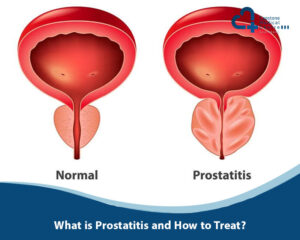
What is Prostatitis and How to Treat?
Prostatitis, a condition that has significant implications for men’s health,
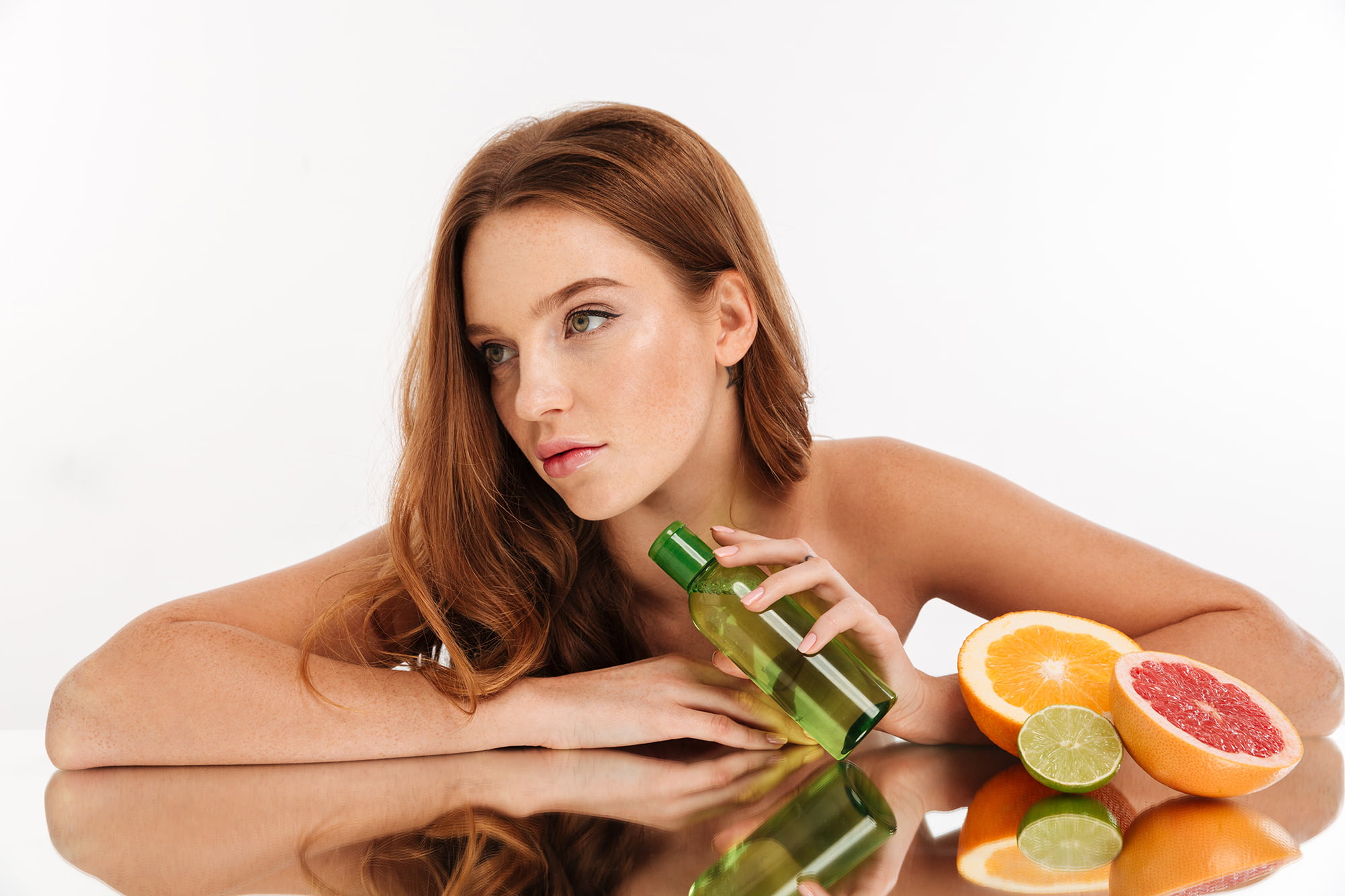

MD, FRACGP, FACAM
Advance Diploma in General Dermatology
Diploma of Cosmetic Medicine
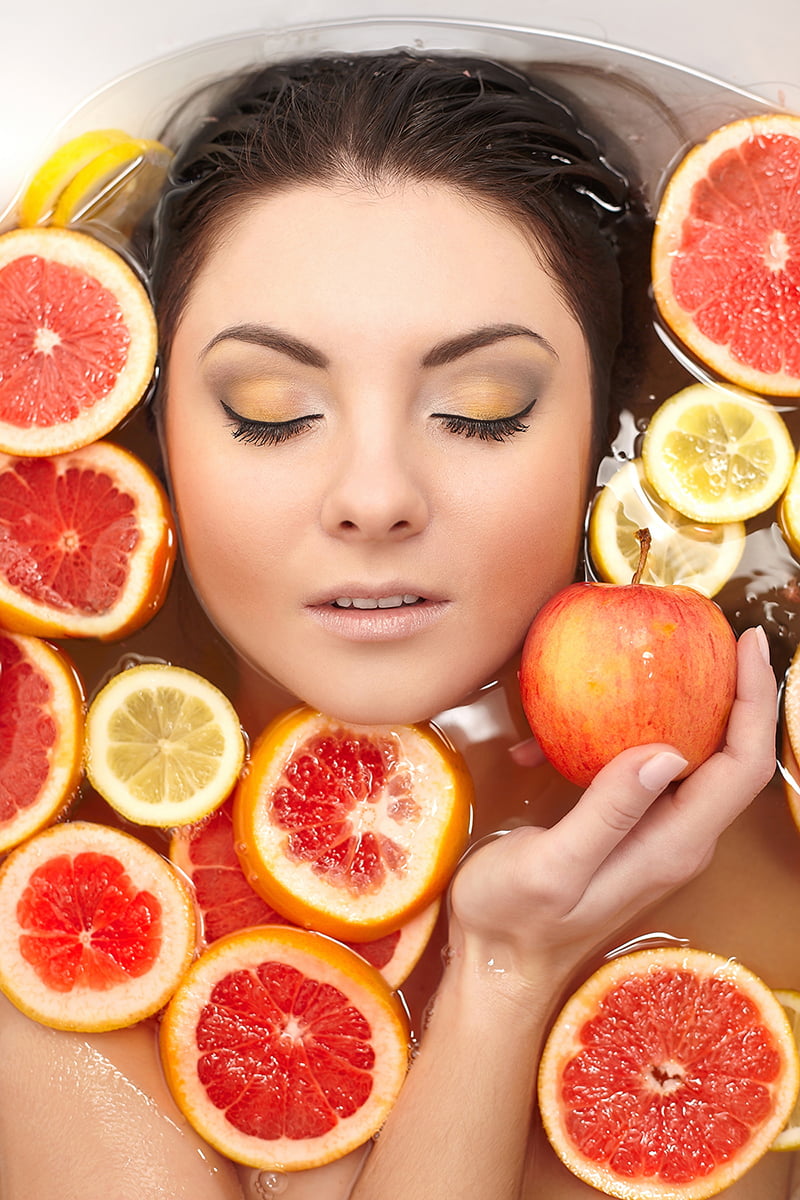
There are several factors that influence the condition and aging of our skin, and diet and lifestyle play a significant role. Over time, prolonged exposure to the sun, smoking, a diet high in processed and sugary foods, and dehydrating drinks like caffeine and alcohol can all take a toll on our skin.
As we age, our skin becomes thinner, less elastic, and more prone to wrinkles and fine lines. However, incorporating the right foods into our diet can help nourish our skin from within. By consuming a healthy and balanced diet that includes skin-friendly foods and plenty of hydrating fluids, we can improve our skin’s elasticity, boost its appearance, and protect it from UV damage. Here are our top tips for achieving a radiant glow:
Incorporate fish, lean meats, and eggs into your diet. These protein-rich foods supply the essential amino acids required for producing collagen, which keeps your skin strong.
Include oily fish such as salmon, mackerel, sardines, and trout in your diet as they contain beneficial fats that promote skin hydration, resulting in plumper-looking skin. Healthy oils act as an internal moisturizer by keeping cell walls supple. Aim for 1-2 portions of oily fish per week, and if possible, opt for wild rather than farmed fish for its superior fat composition.
Walnuts, hazelnuts, almonds, chia seeds, and flaxseed are packed with healthy fats that keep our skin well-oiled. They are also excellent sources of vitamin E, an active sun blocker that protects skin cells from UV damage while keeping the skin soft and supple. Nuts and seeds are rich in minerals, including zinc, which aids in healing blemishes, reducing inflammation, and redness, making them useful for those with rosacea or acne.
Eating low-GI (Glycemic Index) foods helps to avoid spikes in hormones that can contribute to skin damage and wrinkles. Choose whole-grain options over white versions of bread, rice, and pasta, and snack on oatcakes, nuts, and seeds. Whole grains like oats and millet are excellent sources of the trace mineral silica, which is essential for healthy skin, hair, and nails.
Studies have shown that carotenoids, the antioxidants found in brightly colored fruits and vegetables, can reduce our skin’s sensitivity to the sun. Red fruits and vegetables contain lycopene, which acts as an internal SPF, while orange choices such as sweet potatoes and carrots provide beta-carotene, which we convert to skin-vital vitamin A. Vitamin C, vital for collagen production, is abundant in peppers, kiwis, and strawberries. Also, include dark green leaves that deliver antioxidants that protect collagen from damage. When choosing fruits and vegetables, opt for lower-sugar varieties, and minimize high-sugar fruits like bananas, grapes, and mango, as well as dried fruits.
What to Avoid…
Refined carbs such as white versions of cakes, biscuits, bread, pasta, and fizzy drinks have an aging effect on the skin. Too much sugar in the diet damages skin cells and affects collagen production. Instead, use natural sweeteners like whole, natural fruits and flavourful spices like cinnamon or vanilla. If you regularly use high-fructose sweeteners like agave, honey, and maple syrup, try to cut back as your skin will thank you for it.
Avoid trans fats found in certain shop-bought pastries, cakes, and processed ready meals, and minimize saturated fat from red meat and dairy. These fats compete with the healthy omega-3 variety and slow down circulation, reducing blood flow to the skin.
Alcoholic drinks are age accelerators that cause the secretion of the stress hormone, cortisol, and often contain lots of sugar. If cutting out alcohol seems too extreme, try to cut back. If you eliminate your favourite alcoholic drink, you’ll notice the difference in as little as a week!
Kerry Torrens 2019 Nutritionist What to eat for glowing skin
Ian Marber 2013 How to eat for great skin-Digestion

Prostatitis, a condition that has significant implications for men’s health,
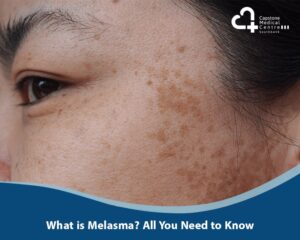
Ever looked in the mirror and noticed patchy brown or
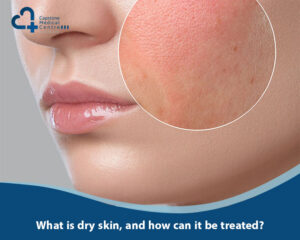
Ever feel like your skin is begging for moisture? That
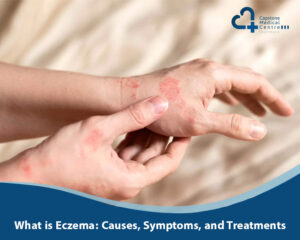
Do you ever find yourself relentlessly scratching your skin, battling
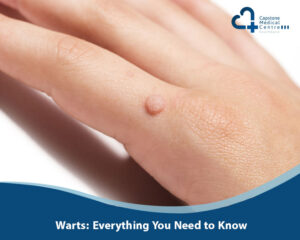
Have you noticed a rough bump on your hand or
Monday – Wednesday
Thursday – Friday
Saturday
Sunday
Public holidays
9 am to 5:30 pm
8:30 am to 6:30 pm
10.00 am to 3.00 pm
closed
closed
© 2020 All rights reserved.
